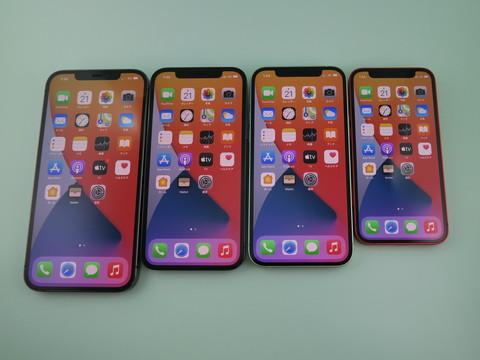The aim of KDDI's integration of "UQ mobile" and the future of "UQ WiMAX" that remains
KDDI (au) announced on May 14 that it will integrate UQ Communications' "UQ mobile" business. It can be said that the position was clarified by directly operating UQ mobile, which was a substantial sub-brand of KDDI, but why did KDDI decide to integrate UQ mobile at this time? What will happen to UQ Communications, which will transfer UQ mobile?
Substantial sub-brand becomes real sub-brand
"UQ mobile" is a low-priced mobile communication service provided by UQ Communications, known as "UQ WiMAX", as KDDI's MVNO. Increased name recognition with flashy TV commercials featuring popular entertainers and characters, and exceeded 2 million contracts in January 2020. It has grown to become the second largest MVNO after Rakuten Mobile, which has launched a transition to a mobile network operator (MNO).
However, on May 14, KDDI announced that it would take over the UQ mobile business from UQ Communications on October 1, 2020.
In the first place, KDDI and UQ Communications have a very close relationship, and KDDI has invested about 30% to make it a consolidated subsidiary. Therefore, while UQ mobile is an MVNO, it was functioning as a substantial sub-brand that gained a group of people seeking low prices in the KDDI group.
Therefore, UQ mobile was often criticized by many MVNOs as "because it is an MVNO under the umbrella of a mobile phone company, it is in a competitive position." In fact, even at a meeting of experts from the Ministry of Internal Affairs and Communications, KDDI will provide financial support to UQ Communications, a group company, to secure the competitive advantage of UQ mobile, so-called "milk supply", which hinders competition between MVNOs. I have been suspected that it may be.

However, this time, KDDI has announced that it will integrate UQ mobile by itself, and it is thought that the unclear relationship as an MVNO will be resolved and it will be clearly subbranded. But why did KDDI need to officially turn the UQ mobile business, which was a substantial sub-brand, into a sub-brand?
Double brand shop that does not miss customers
Perhaps the biggest reason is that we can operate integrally with the main brand "au". It can be seen from the case of Softbank, which is leading the sub-brand strategy.
SoftBank is currently focusing on nationwide expansion of "dual shops" that handle the main brand "SoftBank" and the sub-brand "Ymobile" in one store. As a result, Softbank proposes different brands to meet customer needs, such as Ymobile if you are looking for a low price and Softbank if you want to use a large capacity plan. By linking to a secure contract, we have established a system that makes it difficult to create “missing” outside the group.
KDDI also has a dual shop of au and UQ mobile in some areas, but it has not progressed to full-scale development because it is a service between different companies. For that reason, it can be said that we have decided that we need to have multiple brands in order to promote reliable customer acquisition by the two brands.
Moreover, KDDI opened "au ID" in 2019, and is actively promoting the opening of life design services such as finance and energy that were previously only available to au users. With the diversification of customer needs, au contract acquisition is not progressing as expected, and such life design services are beginning to play a role in driving KDDI's business performance, so this integration is not limited to au. It can be said that UQ mobile users also aim to promote the use of life design services.
Will "UQ WiMAX" shift to an alternative to fixed-line communication with 5G?
On the other hand, UQ Communications, which transfers the service, will lose the business of UQ mobile.
The company is a telecommunications carrier that develops BWA (Broadband Mobile Wireless Access) using the "WiMAX 2+" method, and has a wide frequency band of 2.5 GHz. Originally, KDDI would like to integrate each company, but that is not possible because the investment ratio of mobile phone companies is limited by the conditions for allocating radio licenses in the 2.5 GHz band.
So what will happen to UQ Communications, which loses one of its main businesses? The question remains, but Makoto Takahashi, KDDI's president and CEO, says, "We will continue to provide WiMAX 2+ services directly to our customers." It seems that we will continue to provide mobile communication services mainly for Wi-Fi routers under the "UQ WiMAX" brand.
Mr. Takahashi also said that UQ Communications is considering promoting 5G support in the 2.5 GHz band in the future. It seems that there are many cases of utilizing 5G Wi-Fi routers as an alternative to fixed communication overseas, so the company will strengthen the network in the future, rent the network to KDDI, which is still being implemented, and fix it. I think we will expand our business by strengthening services as an alternative to communications.
Masahiro Sano
Born in Fukushima Prefecture, graduated from Tohoku Institute of Technology. After working on the development of digital content as an engineer, he turned into a writer specializing in mobile phones and mobile phones. He now writes in a wide range of fields related to mobile phones, from industry trends to culture.
Click here for a list of articles by this author
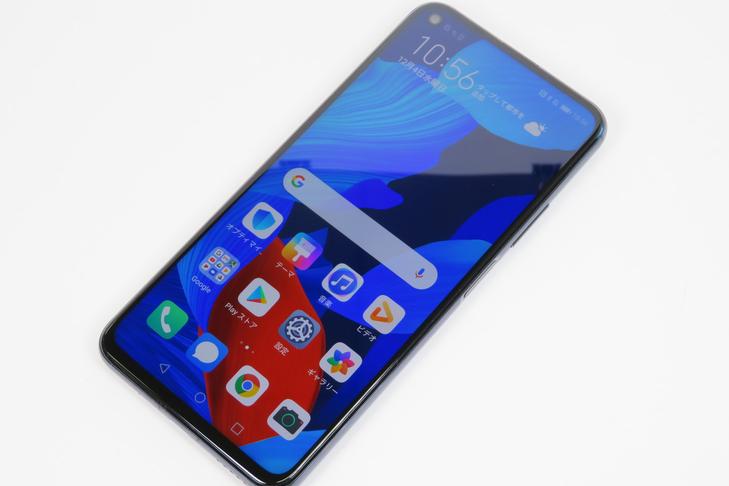
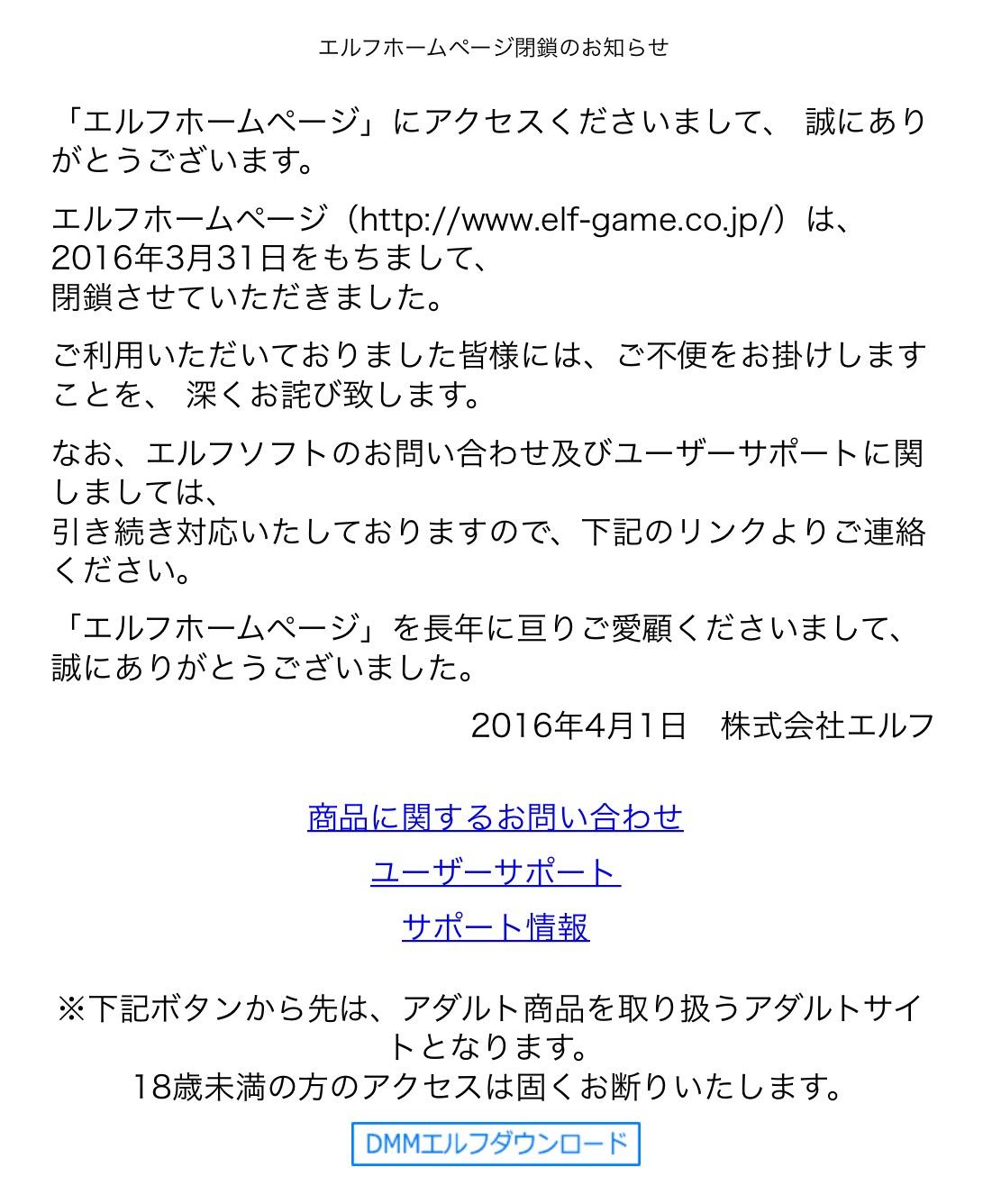
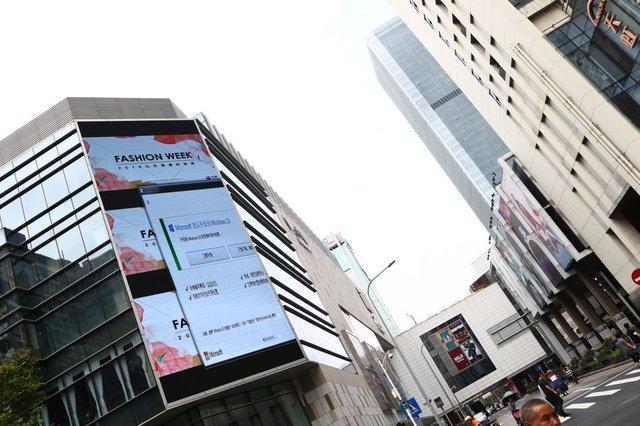
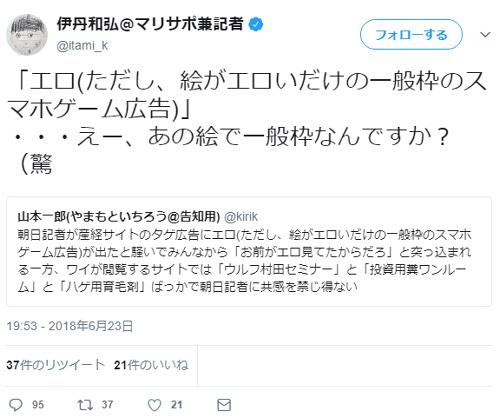
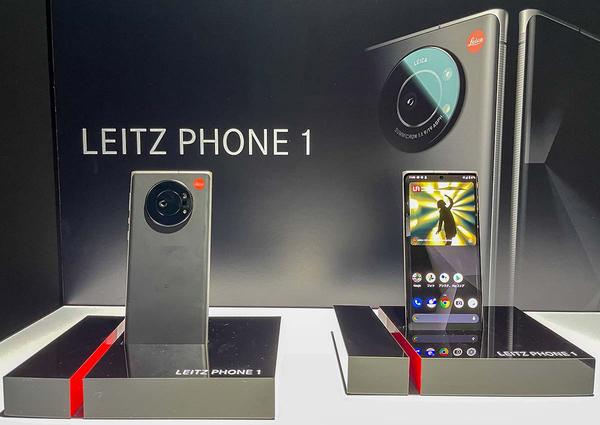
![[July 6 and 7] DX realized by content cloud, advanced platform for business transformation](https://website-google-hk.oss-cn-hongkong.aliyuncs.com/drawing/article_results_9/2022/3/9/6bbafe438d78271513761788166cbf94_0.jpeg)
